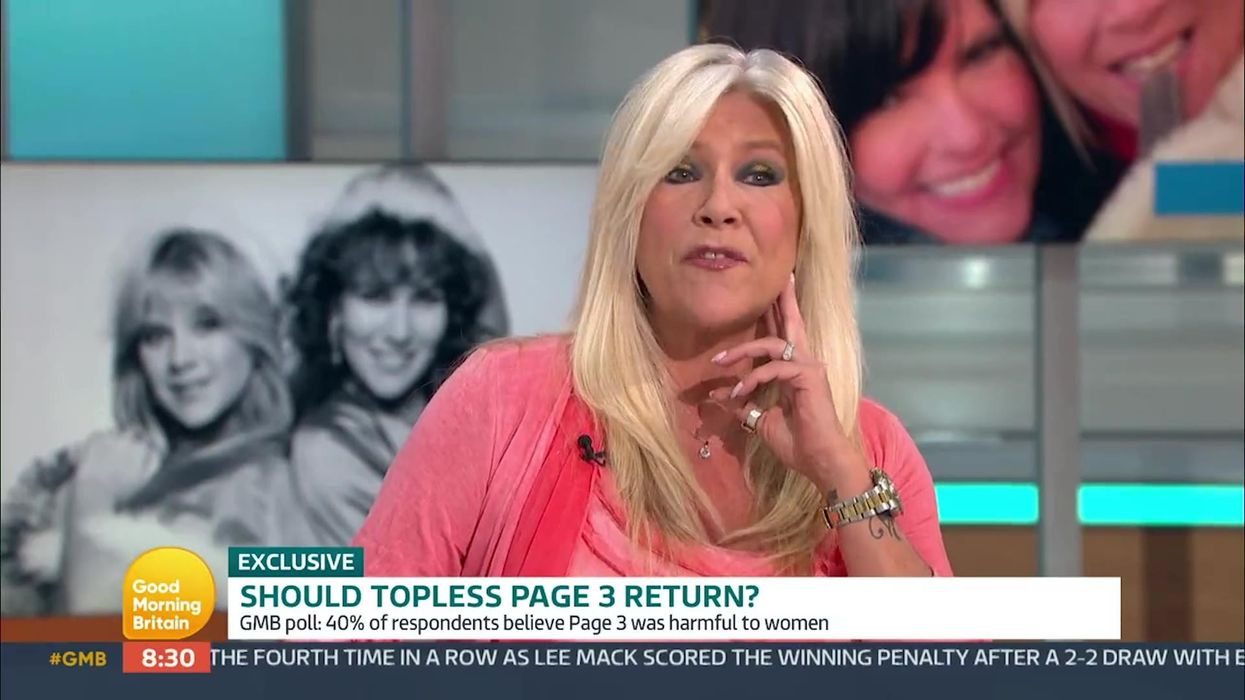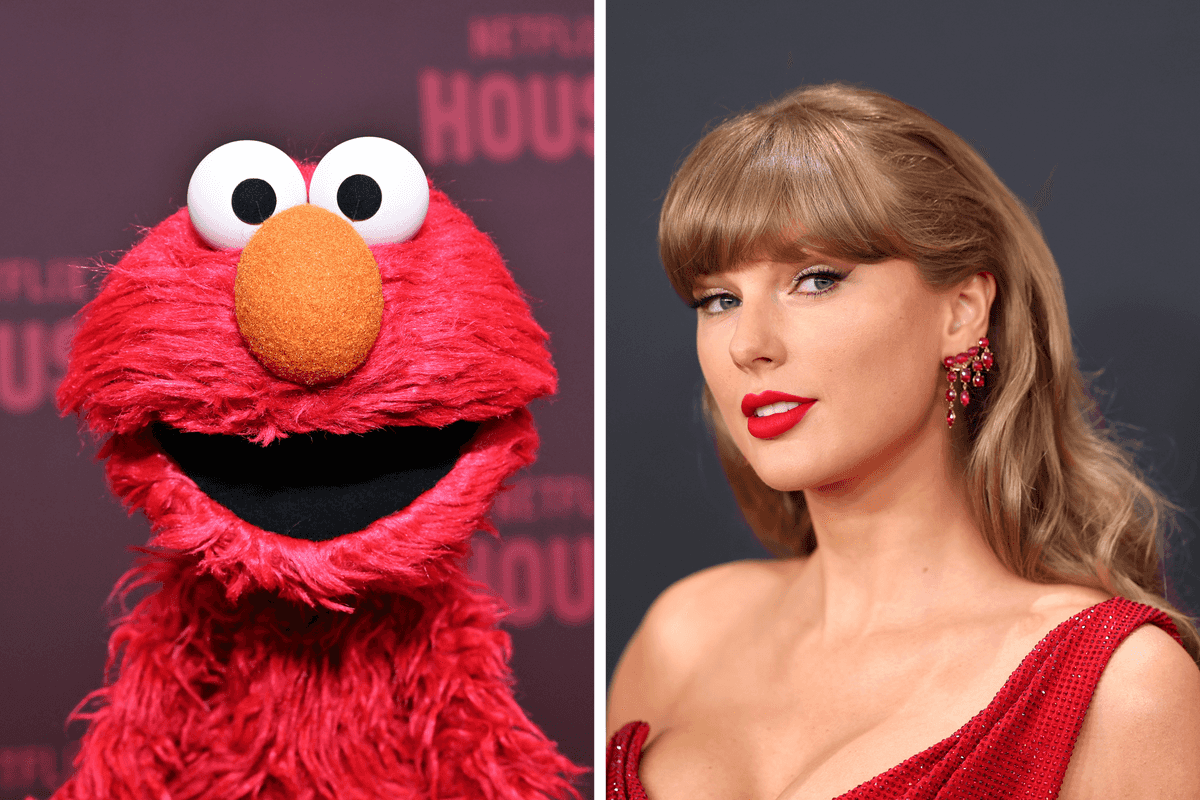Way before online porn and OnlyFans took over the NSFW space, there was the temporary phenomenon of 'lads' mags' that experienced a very short window of success and influence in the UK.
What now feels like an ancient concept, the term described a magazine genre during the 1990s and early 2000s aimed at younger heterosexual men.
The content was said to focus on sports, cars, gadgets and grooming – but the defining characteristic (of most) was undoubtedly sex.
Titles such as FHM, Loaded, Nuts and Zoo fronted the 'laddish' genre with pages adorned with boobs. And while many people didn't lament the demise of the lad mag due to its sexist nature, it certainly marked a time in British culture for many teenage boys in the 90s and 2000s.
Sign up to our free Indy100 weekly newsletter
Douglas McCabe, CEO of Enders Analysis, described the formula as "downmarket tabloid" meeting British humour of its time with "everything said with a raised eyebrow, knowing irony dripping from every line."
However, he told Indy100:
"Its ambitions stretched to Conde Nast when GQ replaced its most cerebral and successful editor with the founding editor of Loaded."
So, why did they stop?
During FHM's heyday in the early 2000s, they surpassed 700,000 sales. Compared to 2014, they sold under 67,000.
Without stating the obvious, they were massively problematic and sparked many campaigns to have them axed. Supermarkets then struck up a "modesty deal" in 2013 to conceal the tawdry covers and implemented an under-18 ban on buying.
Feminist campaign group Lose The Lads' Mags was a part of the driving force that slammed the genre as unacceptable to treat women like sex objects.
Cultures changed, and people grew up. Speaking about whether the genre would survive in 2022, McCabe said:
"They were far too racy to be mass-market any earlier and could hardly be more disconnected from the consumption or values of their target profile today."
The digital takeover also massively contributed to its decline, with free X-rated content readily available at the click of a button. People were no longer popping into WH Smith to pick up a magazine. Instead, they were heading online.
"Their very temporary—but enormous—success tells you a great deal about a particular British culture at that time," McCabe explained. "It also tells you about the power of glossy print media during the last years before the internet became mass market."
Sex was no longer selling – in the magazine world. The genre officially died in 2015 with some of the major titles releasing their final copies.
Have your say in our news democracy. Click the upvote icon at the top of the page to help raise this article through the indy100 rankings.














